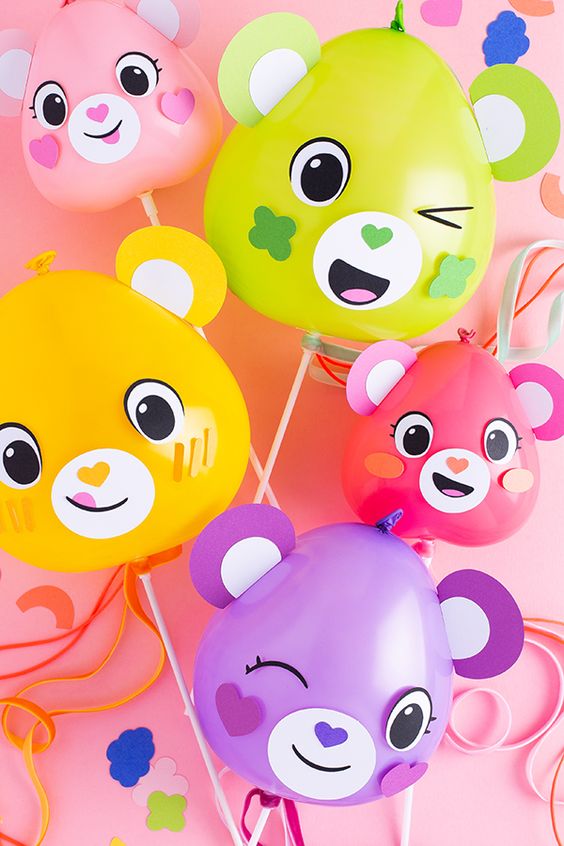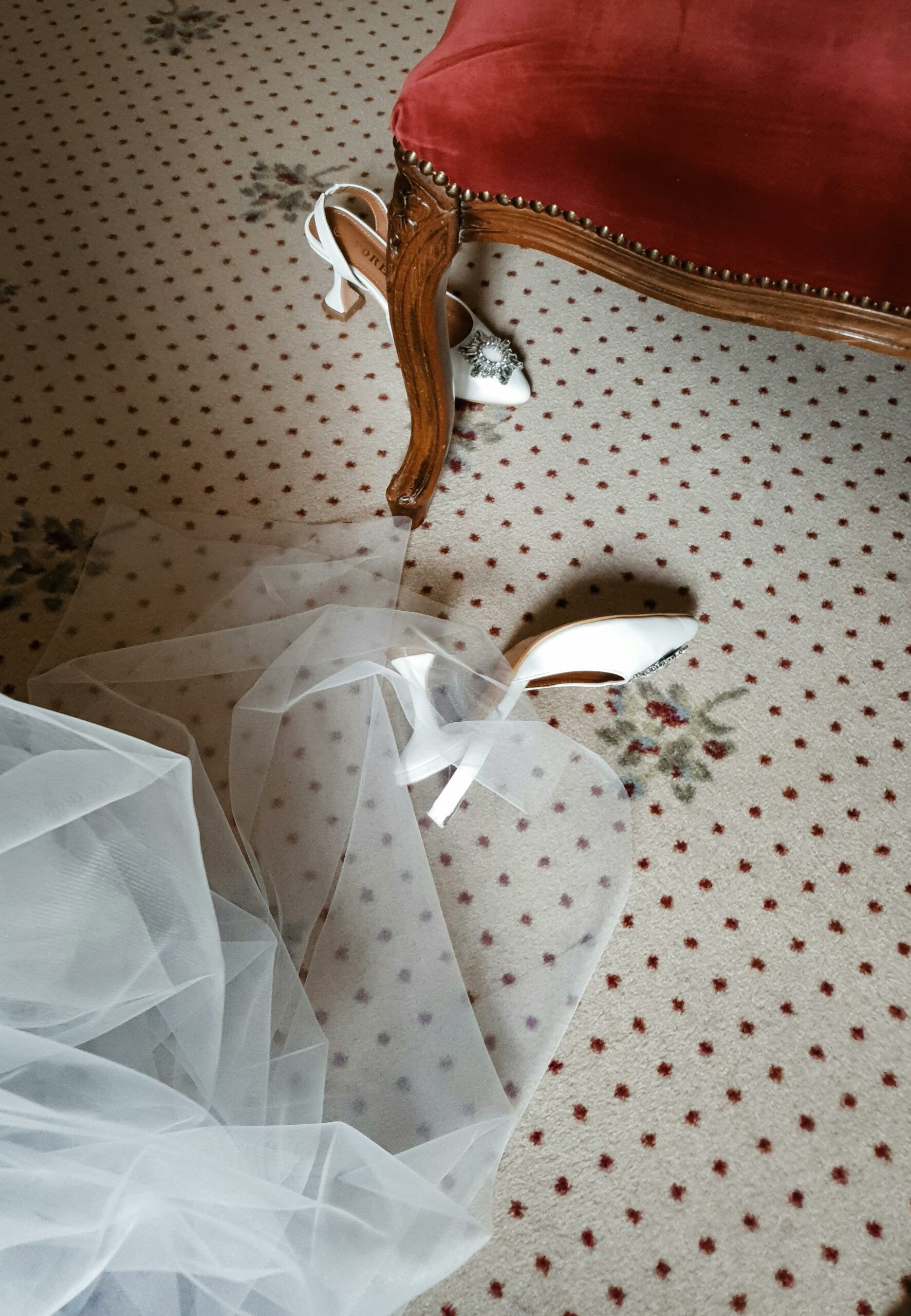Kids are messy. Ask any mom, dad, or guardian, and they will agree. However, this does not mean that they have to be messy. One of the reasons kids are messy is that they do not know why messes are bad, and they don’t know what to do. We have to teach them cleaning skills, and some kids will still not be proficient and with the help of a cleaning service, let’s look at how we can get them under control and help with the cleaning. They are messers. Messers will need more encouragement than you can sometimes muster. They are also creative souls, so try not to squash their creative beings.
Messers Can Be Reigned In
Do you have a child who likes to fiddle with things? He or she might take apart toys or build and rebuild Lego sets. They want to know how everything works and what it does. Long after other kids stop asking 47,000 times a day, “what’s that” they are still asking what things are and how they work. These kids are messy too.
Their wake of toys, parts, and gadgets is vast. You can encourage their creativity and keep them from destroying your house. The following suggestions are primarily geared toward the “non-messers” in your life, but we can talk about adaptations for these brilliant babes.
A Place for Everything
For some children, you will have to organize the toy box with bags and boxes rather than letting them dump everything into it. The reason for this is that the kid will remove everything to find one toy. Instead of destroying the toybox in ten seconds emptying everything, have storage containers, bins, or bags to put different types of toys inside. One for superhero action figures and another for kitchen items can keep you from stepping on Iron Man on the way to your daughter’s tea party. Rather than dumping everything out to find the tea set, she can find the bin with that category of toys.
Messers often need a few empty bins to return to work later. If your daughter just spent 45 minutes working on a Lego spaceship, she probably doesn’t want to put it in the bin with the rest of the Legos. Have a few small bins that might sit on a dresser or shelf that can be a temporary living space for unfinished projects.
Minimal Toys at Once
Children’s attention spans are short. After playing with something for three minutes, they decide to seek something else. It’s not intuitive for children to remember to put up the last toy first. However, if this is a rule in your home, you can help them practice it until it becomes second nature. If your son cooked a gourmet meal in his kitchen, and now he wants to build you a birdhouse with his tools, remind him that the kitchen must be cleaned first.
Messers will fit into one of two categories for this one. Either they will gladly comply because it keeps them from confusing parts and supplies, or they will never make it. You will continuously have to remind them and help them. All young children have ADHD in the sense that they are distractable and curious. The proper diagnosis only comes if it starts to become a problem and affects other aspects of their lives. It’s natural for a child to have the attention span of a gnat. You will likely have to have more patience with a messer with this rule.
Be a Good Model
Yes, it’s your home, but you don’t want children to be confused about why Mom’s writing is a mess, but their building has to be cleaned up. Show your children how to keep their projects tidy and put away things when you are stopping. Bins for your own things make this easy as well. Have a bag for dad’s knitting or mom’s currently reading stack. Kids mimic their parents much better than listening to them.
Set a Schedule
If your children have trouble keeping things tidy, you can also encourage a schedule. This is good for both messers and typical kids. They must clean up at certain times of the day, no matter what they are doing. If they are playing with or exploring a specific toy, that one can be put in a particular place while everything else gets cleaned up. Then they may return to that toy. This keeps messes from getting out of hand. It also reminds your child that things should be put away when they are not in use.
Be a Helper
Small children and messers will need help with tidying up. Creative types often do not see messes. Small children often do not know what to do, or they need help with larger items. Be a helper when you can. While you are helping the older children, let them know why you are making these cleaning choices. Messers like to know why and how things work, and this sometimes includes cleaning. Talk to them about why you are putting things in specific bins or areas. Little kids will also benefit from explanations. They may take several sessions before they grasp your intentions, but this can help them be more in tune with cleaning up.
Make Cleaning Fun
Creating a game or other task that accompanies cleaning can often help the most resistant kids. Cleaning is not naturally fun for most people. By adding a little competition, you might reach your child a little better. This concept is especially true for messers.
Final Thoughts
Don’t sweat the small stuff. Kids are messy. It’s up to the parents to teach them how and why to clean. Some children will comply immediately. These are the organizers. Other kids will have no concept of space and time when it comes to cleaning. These are the explorers and messers. Both of these children are blessings in their own ways. They have a place in this world, but the messers’ place will always be a mess. Once in a blue moon, you will find a well-organized messer, but those are rare. Cherish this one!






